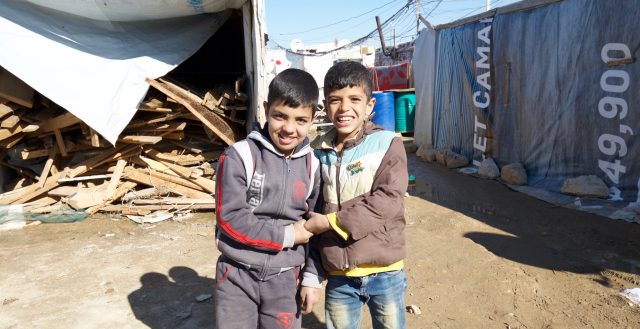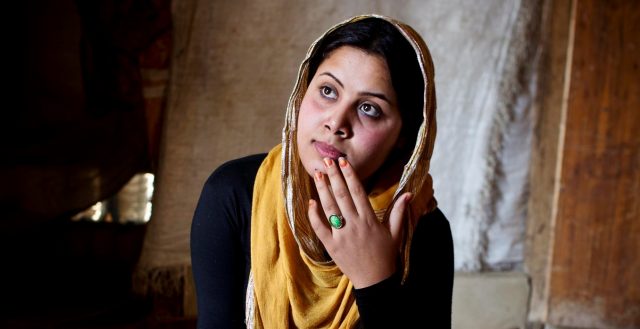In May 2020, GAGE was involved in an AGIP (Adolescent Girls Investment Plan) initiative to draft a joint paper ‘adolescent girls at the centre‘, calling for concerted efforts to put adolescent girls at the centre of developing the Action Coalition process as part of Generation Equality. AGIP highlights priority areas for the movement to be responsive to adolescent girls in the current pandemic and beyond. The joint paper is authored by the following members of the Adolescent Girls Investment Plan (AGIP): Girls Not Brides, Gender and Adolescence: Global Evidence (GAGE/ODI), ICRW, IPPF, Malala Fund, Plan International, Women Deliver.
Adolescence is a critical period of great transition for girls. It is a unique window when life changing events happen and offers a distinct opportunity to break cycles of poverty and deprivation. However, for girls in the global South, early adolescence (10-14) is typically a period where their worlds shrink and opportunities are curtailed due to norms and expectations of their social environments – their mobility becomes limited to protect their sexual ‘purity’ and family honour, they take on care and domestic work, drop out of school, abandon their friendships and networks, and may become married. The double discrimination they face due to their gender and age is compounded by poverty and other factors of discrimination such as disability, sexual identity or ethnicity. Often, they enter adulthood already at a severe disadvantage as a result of violence, early pregnancy, child marriage and limited opportunities for education and employment. Adolescence also offers a unique opportunity to reap a triple dividend for adolescent girls now, for their adult trajectories, and for their children’s futures. The benefits of investing in adolescent girls’ healthy, safe and successful transition to adulthood have a positive impact on wider society over the long term, and on the overall achievement of gender equality.
However, the global crisis brought about by the COVID-19 outbreak is significantly impacting the environment in which adolescent girls grow and develop. Adolescent girls are particularly affected by the socio-economic impacts of the outbreak due to harmful social norms and the double discrimination they face. As families, communities and the economy face extreme stress and pressure, adolescent girls are at increased risk of gender-based violence (GBV), including sexual exploitation and abuse, child early and forced marriage and unions (CEFMU), unplanned pregnancy, and increasing domestic care responsibilities. Measures to curb the disease have worsened existing inequalities with school closures that will disproportionately affect adolescent girls who faced gender and age specific barriers to their education pre-COVID-19, and are at the highest risk of dropping out, while cutting them off from essential health and protection services and social networks. This pandemic has the potential to derail and reverse the tenuous gains made towards advancing the rights of girls if their unique vulnerabilities are not addressed head-on in the global response to COVID-19 and in the post-COVID ‘new normal’. We must not risk adolescent girls continuing to fall between the cracks and be rendered invisible in emergency response and recovery plans, policies, programmes and budgets, where these are targeted either towards women (and ignore age-related factors) or children (and are gender-blind).
Adolescent girls living in forced displacement or conflict-affected contexts face exacerbated risks and increased needs as the COVID-19 crisis intersects with already weakened, inaccessible and sometimes non-existent WASH, health, education and protection services. They are already more likely than other girls to be out of schoolii, unaccompanied or separated from their families or caregivers, and may even be caring for other children in girl-headed households, with less access to information and services than adult-headed households.
We have therefore identified concrete adolescent girl centred actions for each of the Action Coalitions, centred on their unique risks and priority needs in the current COVID-19 context and in the world beyond. Collectively this adds-up to a framework of actions across the six Action Coalitions – Gender Based Violence; Economic Justice and Rights; Bodily Autonomy and Sexual and Reproductive Health and Rights; Feminist Action for Climate Justice; Technology and Innovation and Feminist Movements and Leadership – which protect and promote the rights of adolescent girls and advance gender equality.

